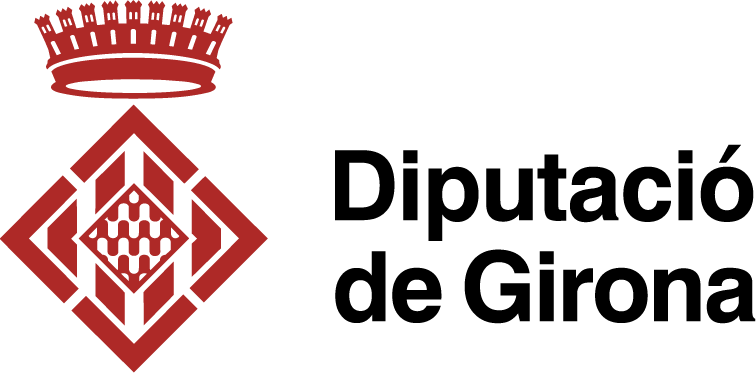Filka Sekulova
Wednesday 28th June, 12.00-13.00, ICTA-UAB
The emergence of community-based initiatives (CBIs) in the field of sustainability can be considered one of the unique responses to the deeper social, ecological, and economic crises of modernity. Whether considered a new or an old phenomenon, community initiatives are weaving a path which remains hidden from the attention of policy-makers and economic analysis for their seemingly marginal size.
How do CBIs emerge and sustain themselves over time and space? This has been one of the major research questions addressed by the TESS FP7 project, surveying 54 initiatives in 6 European countries. Hereby I would like to present the emergence and dissemination of the community initiatives we studied through the lens of the fertile soil metaphor. Fertile soil is understood here as a particular quality of social texture, characterized by richness, diversity, but also – by multiple tensions and even failures. It is not only the diversity of factors but the quality of their mutual connectedness, or relatedness, that ‘makes’ the soil fertile for the emergence of new groups and the continuation of existing ones. The seemingly messy social base in which community initiatives emerge is nourished by their inner and outer contradictions. A central hypothesis in my research is that it is the creative force of these dilemmas that increases soil fertility; or that the ‘space’ opened by dealing with conflicting rationalities is creating the conditions for new and more resilient strategies and structures to emerge. As community initiatives get established, the ‘fertile dilemmas’ they frequently face become an important element of their evolutionary context, contributing to the emergence of new social imaginaries and practices and adding to their ways of producing social change.
Readings: Sekulova, Filka et al. In PRESS. A ‘fertile soil’ for community initiatives: a new analytical framework.




